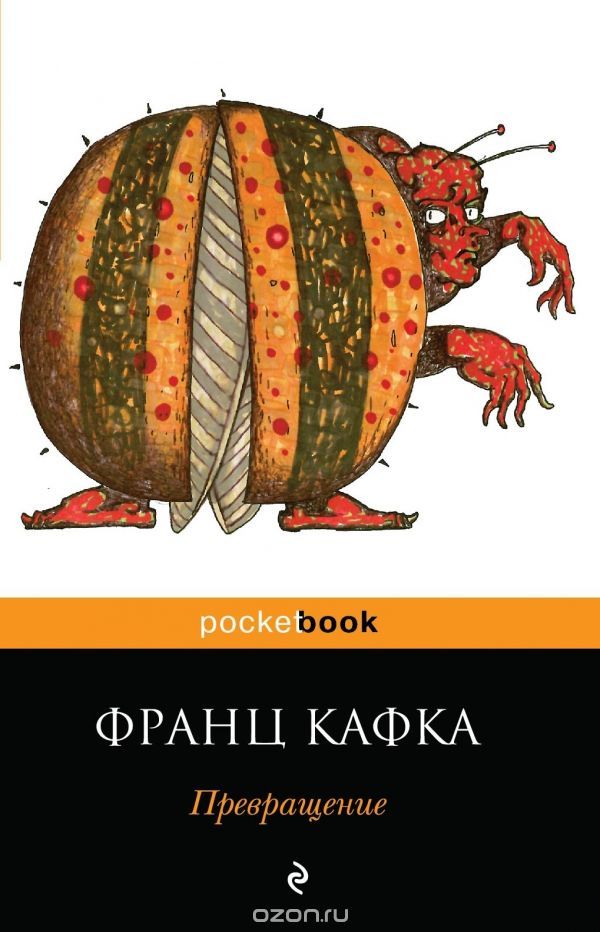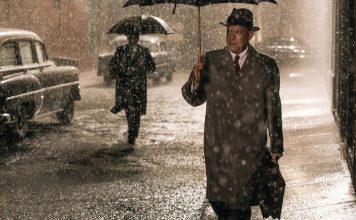Anyone should read! The love of books is not only an indicator of intelligence, but also the only source of new knowledge and experience, which most often cannot be repeated personally.
Books recommended for reading should include textbooks, scientific and fiction literature, manuals on psychology and self-development, and so on. All this is important and brings invaluable benefits in the development of a person as a person and a member of society.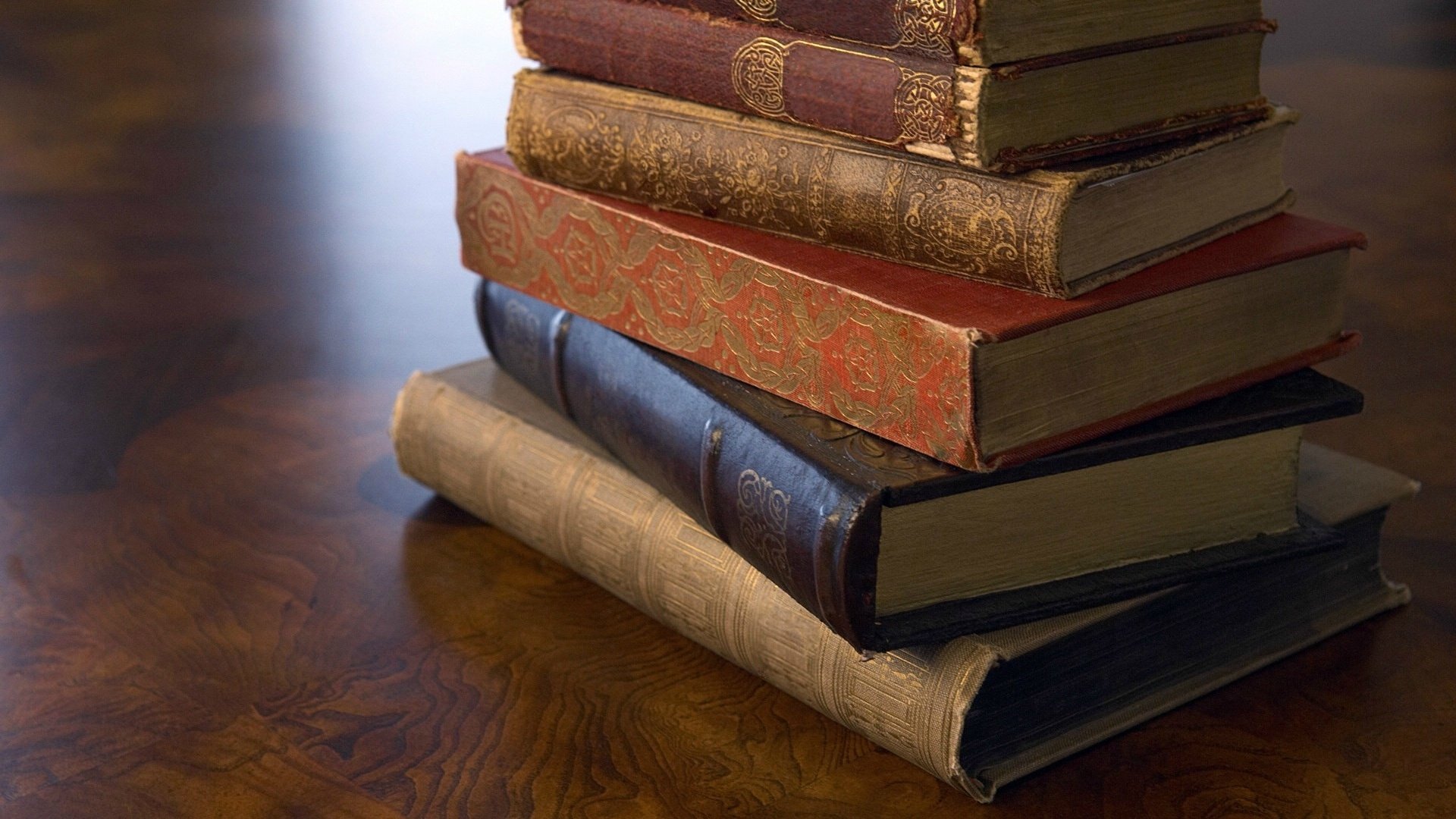
"Games that people play" and "People who play games" Eric Berne
According to the theory of Eric Bern, "I" consists of three components: Parent, Adult and Child. Parent - this is what the person is similar to the behavior of the parents and what she took from them. An adult is an objective assessment of what is happening and a cold mind. The child is everything about emotions: spontaneous joy, happiness, creative impulses, and so on. In his two high-profile books, Eric Bern, based on his theory, collected many universal tips for all occasions.These works have allowed millions of people to change their lives for the better.
"Seven skills of highly effective people" Stephen Covey
Next in the recommended reading books will be Steven Covey's “Seven Skills of Highly Effective People,” since it is this author who is considered to be a guru in the field of personal growth. He believes that everyone is free to independently choose his reaction in any life situation. Even at first glance, a hopeless situation leaves the right to choose. In order to manage this right most effectively, you should be familiar with the basic skills that will allow you to correctly prioritize and be as productive as possible.
"The monk who sold his Ferrari" Robin Sharma
This work has become a bestseller in many countries. The book is about Julian Mantle. The hero survived a severe spiritual crisis. It seems that everything in his life is good. The hero is a successful lawyer who has earned millions. To get rid of suffering, he decides to immerse himself in the ancient culture. It is this decision that makes him discover simple truths about the need for positive thinking, the importance of realizing his own vocation, awareness of his own inner strength, the irreversibility of time, and much more.
“Road to the Future” by Bill Gates
In his book, the most successful businessman, Bill Gates, attaches to thinking about the challenges and opportunities of the digital era. He invites the reader to immerse himself in his interpretation of the world of the future, while at the same time broadening the mind of the audience. Gates points to the enormous influence of information technology on modern business and life in general.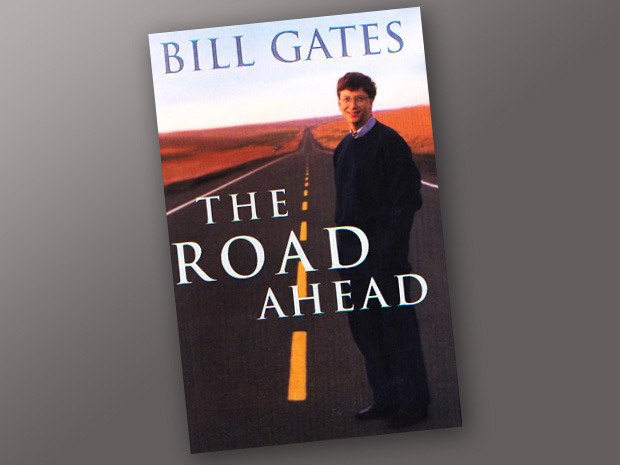
“When I Was Present” by Tom McCarthy
This avant-garde novel tells how the main character wakes up in the hospital. We only know that he was the victim of some kind of disaster. For her, he receives a huge monetary compensation, while he receives in the appendage paranoid uncertainty about the reality of what is happening. Now he spends his money on recreating paintings from memory. For a start, he builds a house in which he recreates all his memories. But further events develop beyond the control of the hero, which changes his plans.
“Tablets of Fate” by Sebastian Barry
The plot is essentially a note from an insane asylum. According to him, the decrepit old woman keeps a diary, staying in an institution for the insane. In it, she narrates the tragic history of Ireland. Her doctor in turn keeps a diary. At some point, their stories are intertwined.
Homer's Iliad
This work is the oldest monument of ancient Greek literature. Along with Odyssey, Iliad became the first poem in the world to unite fantasy, action, adventure, drama and thriller. Historians suggest that the poem was created in 8-7 centuries BC. She describes the besieged Troy, for which the Achaeans fought. The basis for the work was the folklore on the theme of the exploits of the heroes of ancient Greece. Despite the fact that the reality of the events described in the Iliad caused doubts among scientists, now there is evidence that the real people and events have become the basis.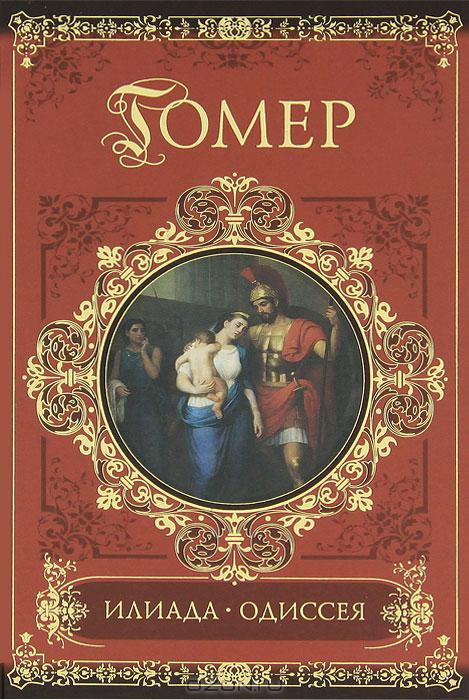
Goethe's Faust
The events of the work take place in Germany, but the plot describes the aspirations of all mankind to change the world. The story in the book is built in the form of a consistent chain of conflicts awaiting an individual on the path of life. This is largely due to the fact that Goethe himself wrote the book all his mature adult life. For inspiration, he chose the myth of Dr. Johann Faust, who made a deal with the devil. He exchanged his soul for earthly happiness and pleasure, and also the hero was promised eternal youth. As soon as Faust magnifies a moment, the devil will receive the sacred soul at his disposal. Each of the participants in the transaction consider themselves smarter and are confident that they will win. Mephistopheles demonstrates all his art of seduction, and Faust shakes with endurance.
“Crime and Punishment” by Fyodor Dostoevsky
This novel was the first in world literature, which was called polyphonic.In the course of the plot, the psychological process of the crime is revealed. Among the numerous features of the novel is the lack of logical consistency in the transmission of emotions. Experiences of heroes are described fragmentary and inconsistent. The most important question in the work is the main character asking himself: “Who am I, having the right, or is the trembling creature?”. The reader is offered the heartache of the hero who killed the old woman money-lender and her sister, as well as relief in the form of the fallen Sonya Marmeladova.
“One Hundred Years of Solitude” by Gabriel Garcia Marquez
The novel became the representative of magical realism: the interweaving of the real and the fictional shows through in each letter. Ordinary and fabulous in one work allow the reader to fully feel the plot. The story is about the Buendia family and Macondo events. The perception is only complicated with the advent of many namesakes and members of the aforementioned family.
"War and Peace" by Leo Tolstoy
The author immerses the reader during the Patriotic War of 1812. In the epic novel involved more than 550 characters of different classes and different fates. In the story, you can trace the psychology of the Russian people. Tolstoy carefully prepared for writing a great work. He studied a huge amount of historical information and memoirs. The war against Napoleon was not easy for society. Against this background, the author has placed hundreds of episodes and complete chapters in the novel. Tolstoy presented the ideal of a woman in the image of Natasha Rostova, the male ideal - Platon Karataev. Kutuzov and Napoleon were chosen as moral guidelines. The main idea of the work can be traced throughout the entire work: what is needed for happiness? Quiet family life ...
"The Adventures of Oliver Twist" by Charles Dickens
The main character of the novel was a child. Oliver - an orphan boy - during the development of the plot is faced with betrayal, humiliation and trouble. The boy became a member of numerous adventures, trying to avoid danger in the process. Oliver did not pass the criminal episodes. But as a result, the boy must find a happy life with his family.
William Shakespeare's Hamlet
The interesting plot of the work is focused not so much on the development of events as on the spiritual drama of the hero. Hamlet does not look like the image of avenger familiar to the reader. He is a reflective person, prone to endless introspection. He limits the ability to act within himself. The extraordinary character of the hero made him a well-established image for all of world literature. Shakespeare drew inspiration from the Danish legend of the ruler Ametus. Like Hamlet, Amletus is eager for revenge for the death of his father.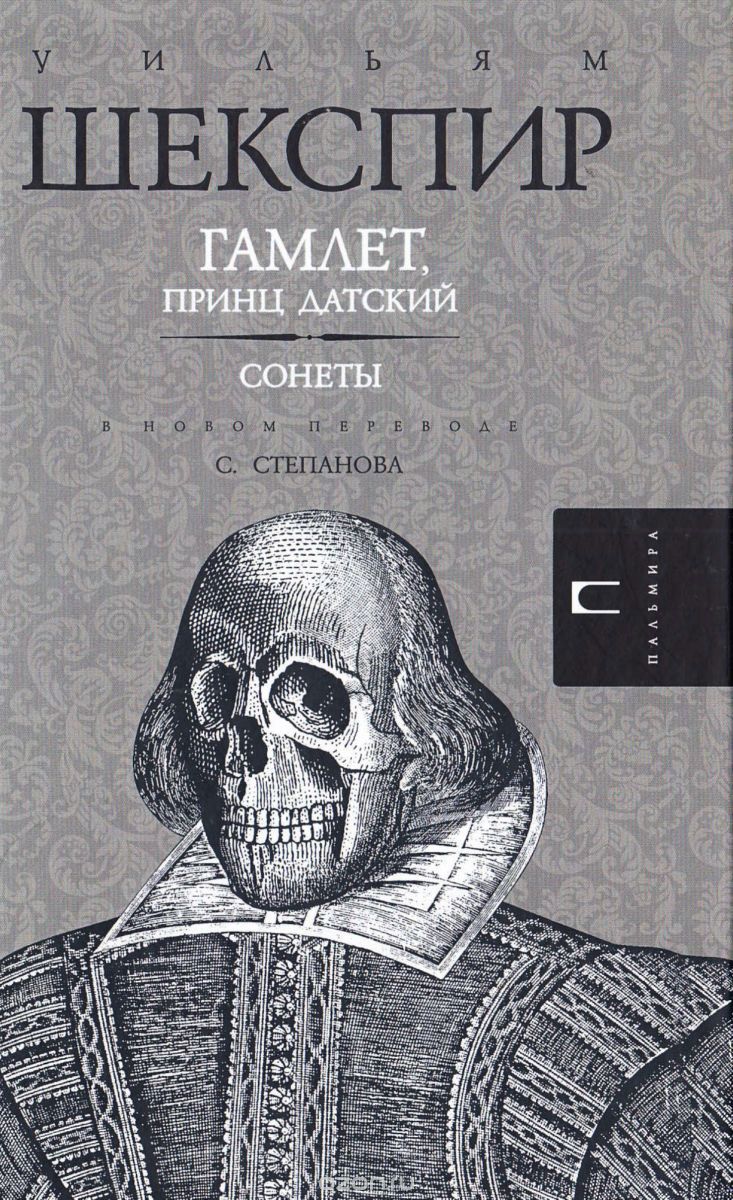
"Pride and Prejudice" by Jane Austen
The book is devoted to the emergence of feminism and its manifestations in the early stages. Jane Austen did not agree with the dependent position of women. That is why her heroine has become an emphatically free woman who makes decisions on her own. She chooses her own path, decides whether to marry her and proudly endures the pressure of society. The focus of attention is Elizabeth Bennett. The plot develops from the first impression from the acquaintance to the ardent love of the two main characters.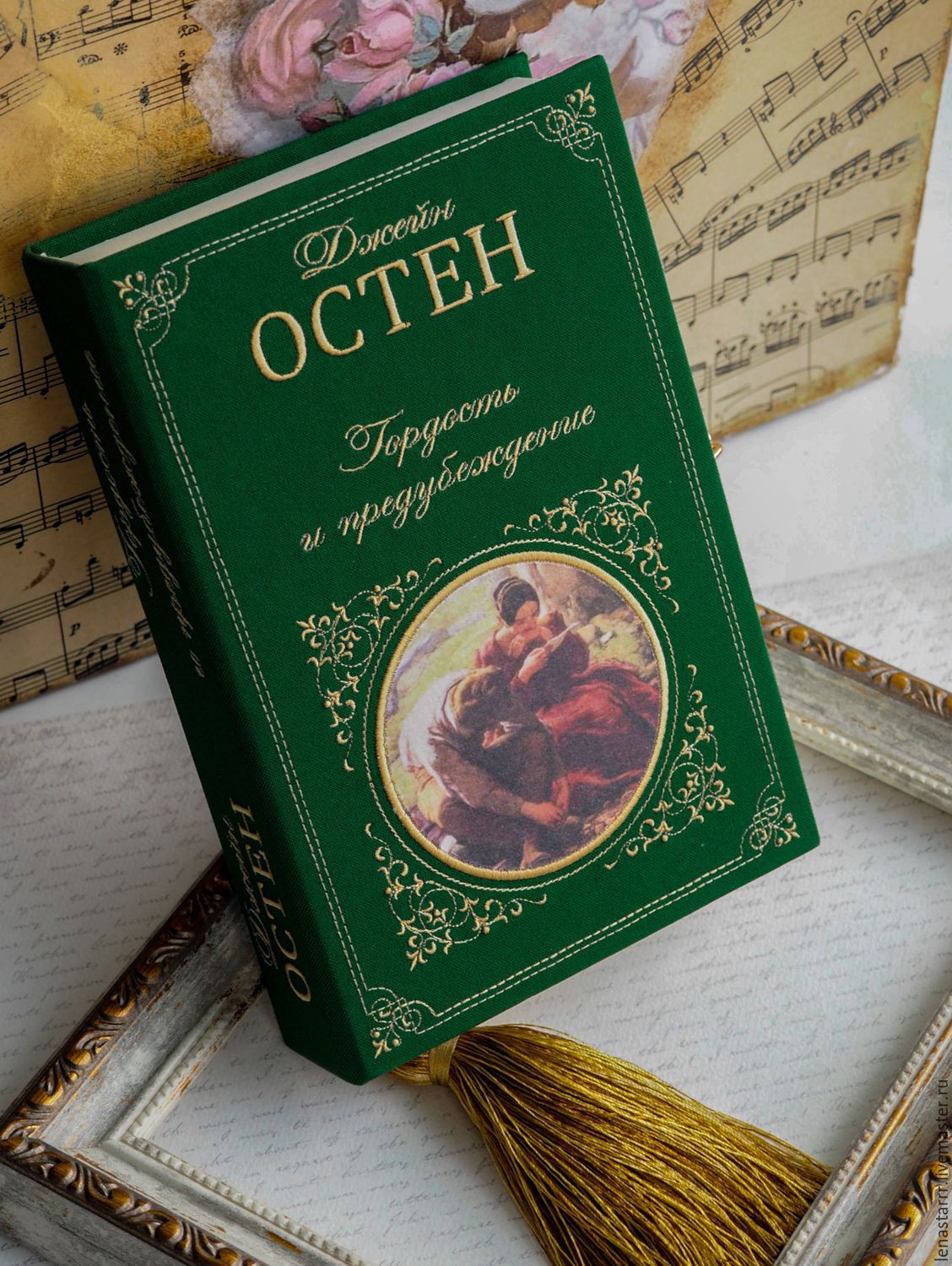
"Eugene Onegin" by Alexander Pushkin
Among the most significant works of Russian literature, of course, stands out the brilliant creation "Eugene Onegin". The novel allows in paints to imagine the details of that era. Pushkin described in detail the clothes, habits, topics for conversation and the interests of society. The book presents events from 1819 to 1825. At this time, Russian society received a powerful development. The focus, as always, is a love story.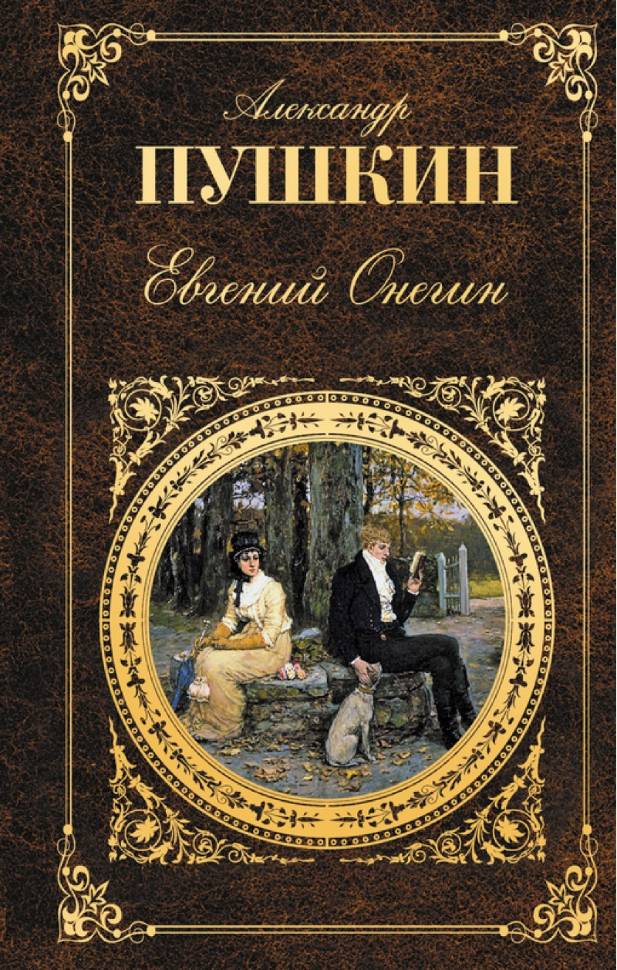
The "Transformation" of Franz Kafka
This work best demonstrates the tragic state of mind of Franz Kafka. The hero demonstrates his doom through comparisons. He points to spiritual limitations through changes in his appearance. Young Gregor one day wakes up nasty scary beetle. His loved ones are afraid to look at him. He feels lonely and abandoned.The author actively uses allegories, symbols and other literary tools to enhance the effect of the tragedy of human existence. Man alone and helpless, what is happening around is absurd. This mood of the book makes the approach to its creation innovative.